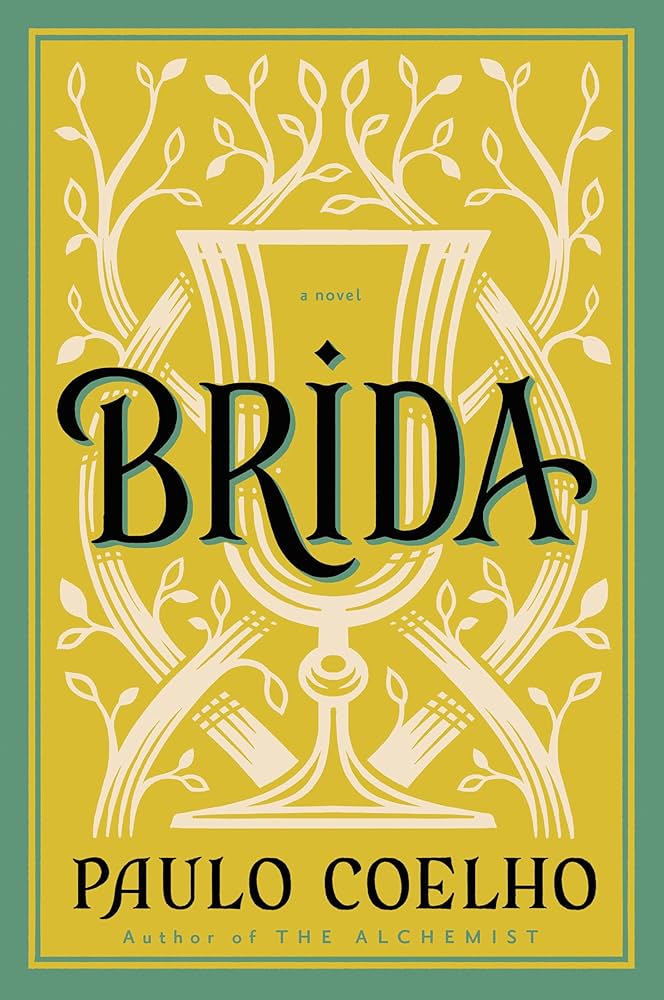
By the River Piedra I Sat Down and Wept
Book Description
Amidst the serene beauty of the river Piedra, a woman confronts the tumultuous emotions that bind her heart to a man she once loved. As passion reignites and old wounds surface, she embarks on a tumultuous journey filled with deep self-discovery and the struggle between duty and desire. Every moment is charged with tension, as the couple grapples with their past while contemplating a future fraught with uncertainty. Can love transcend the confines of time and responsibility? Or will the currents of life pull them apart once more? The answer lies in the moments spent by the river.
Quick Book Summary
"By the River Piedra I Sat Down and Wept" by Paulo Coelho is a poignant tale of love, spiritual awakening, and the enduring power of personal transformation. Pilar, the protagonist, reunites with her childhood love after years apart. Their encounter reignites a deep passion but also exposes unresolved conflicts and spiritual yearnings. Set against the tranquil backdrop of the River Piedra, their journey encompasses emotional trials, philosophical reflection, and the struggle to reconcile personal duty with the longing for fulfillment. Through mystical experiences and heartfelt conversations, Pilar confronts her fears and past wounds, ultimately learning the significance of faith, forgiveness, and embracing the present. The novel beautifully blends romance and spirituality, inviting readers to consider the transformative potential of love and the importance of following one’s true path.
Summary of Key Ideas
Table of Contents
The Transformative Power of Love
Pilar, a woman hardened by life’s disappointments, finds her world upended when she is reunited with her childhood soulmate. Their meeting is more than a rekindling of romantic love; it is an awakening of something deeply spiritual. As they journey together through the French Pyrenees to the river Piedra, underlying feelings, resentment, and unfulfilled dreams come to the surface. Their shared history forms a crucible, forcing Pilar to grapple with emotions she has kept suppressed.
Spiritual Awakening and Faith
Throughout their time together, Pilar and her companion explore profound philosophical and spiritual questions. The man she once loved is now a spiritual teacher whose faith and mystical abilities challenge Pilar’s skepticism and cautious heart. Their dialogues delve into the meaning of miracles, the feminine face of God, and the courage it takes to take spiritual risks. Pilar wrestles with her own beliefs and the intricacies of surrendering control in order to accept love and faith fully.
Letting Go of the Past
The story’s backdrop—the serene, almost mystical landscape by the river Piedra—symbolizes a place of reflection and release. As Pilar meditates on the riverbanks, she is forced to confront the pain she holds from her past and her fears for the future. Old wounds, including questions of trust and lingering doubts, bubble to the surface, making the river both a witness to her sorrow and an agent of her transformation. Pilar’s journey becomes one of both remembering and letting go.
Balancing Duty and Desire
At the core of the narrative is the tension between duty and desire. Pilar feels bound by societal expectations and personal obligations that threaten to pull her away from happiness. She struggles with the paradox of choosing between what is expected and what her heart truly longs for. The process involves examining her own values, questioning the wisdom of sacrifice, and acknowledging the authenticity of her desires. Ultimately, love urges her to make courageous choices.
By the novel’s conclusion, Pilar experiences a personal rebirth. Through embracing vulnerability and forgiving herself as well as her lover, she finds solace in the present moment. The river, emblematic of renewal and life's continuity, becomes the site where Pilar allows herself to love boldly. Paulo Coelho’s narrative is hopeful, suggesting that personal transformation is possible when one is willing to open their heart to love, accept the mysteries of faith, and let go of fear. The novel ends with the promise that love—if embraced fully—can transcend limitations and lead to true spiritual liberation.
Download This Summary
Get a free PDF of this summary instantly — no email required.





